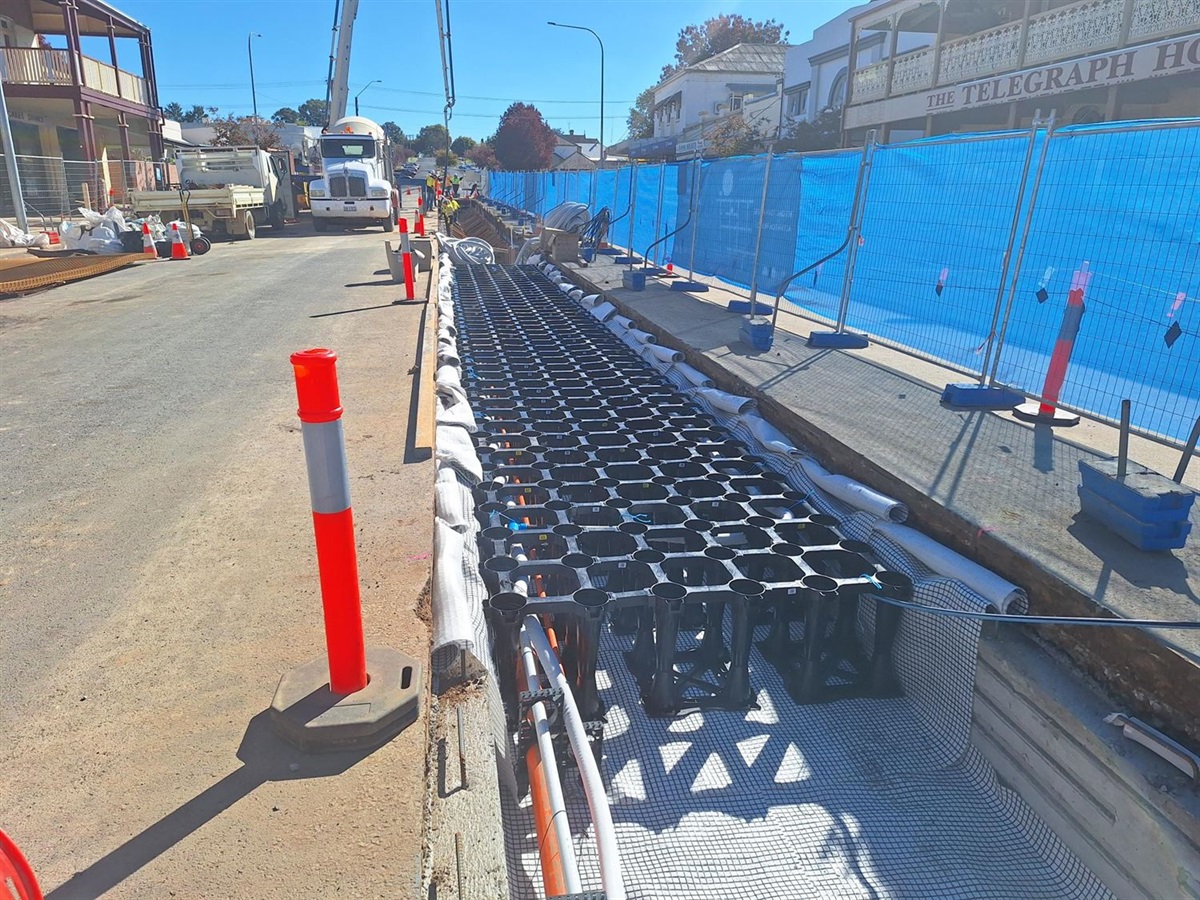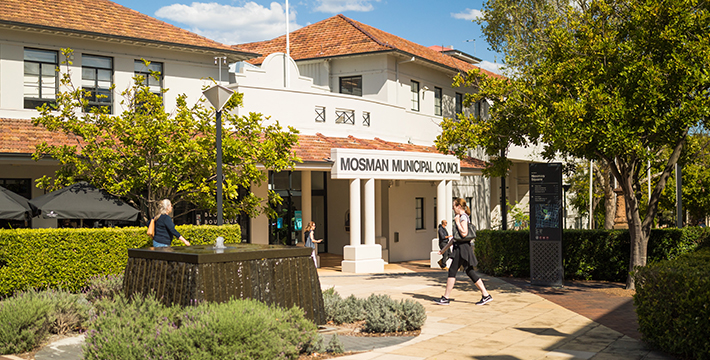The Law Council of Australia has today appeared before the Independent National Security Legislation Monitor (INSLM) as part of his review into the operation and effectiveness of the National Security Information (Criminal and Civil Proceedings) Act 2004 (NSI Act).
“The Law Council recognises the need for mechanisms to be available to the courts to protect the confidentiality of national security information in the course of federal proceedings. However, in our view, the approach adopted in the NSI Act amounts to an unacceptable restriction on the right to a fair and public hearing and the principle of open justice, in favour of the protection of information that may be relevant to national security,” said Law Council President Luke Murphy
To strike a more appropriate balance, the Law Council considers there are five critical areas of improvement to the NSI Act.
First, the security clearance process contained in sections 39 and 39A of the NSI Act should be repealed. Without significant amendment, these provisions permit an unjustified interference with a person’s right to a legal representative of his or her choosing. This is a critical facet of the rule of law and protected by Australia’s obligations under international human rights law.
The continuation of these security clearance provisions, even if they are not implemented in practice, threatens the independence of the legal profession by potentially allowing the Executive arm of government to, effectively, ‘vet’ the class of lawyers who are able to act in these types of matters.
If this part of the NSI Act is retained, more must be done to ensure these decisions are conducted in a timely and independent manner, reasons should be provided under the NSI Act if a security clearance is refused, and the NSI Act should clearly provide for review of an adverse decision.
Second, subsection 31(8) of the NSI Act should be repealed because it tilts the balance too far in favour of the interests of protecting national security at the expense of the rights of the accused and the principle of open justice. In the Law Council’s view, subsection 31(7) should be amended to require the court to explicitly consider the principle of open justice before making an order under section 31.
Third, it is critical that the scope of the NSI Act’s operation be defined with greater precision. To this end, the notice provisions in the NSI Act should be amended so that they only require notice to be given to the Attorney-General about the potential disclosure of a narrower and more directly relevant class of information. Additionally, there should be greater specification of the degree of prejudice required under section 17 to establish disclosure is ‘likely to prejudice national security’.
Fourth, the Law Council holds serious concerns regarding the proportionality of the offences in Part 5 of the NSI Act and the Regulations. In particular, the Law Council is concerned by the possibility that lawyers may be prosecuted for simply doing their job. Additionally, the Law Council opposes any proposal to increase the penalties applicable on conviction for these offences.
Fifth, the Law Council supports amendment of the NSI Act to explicitly regulate the appointment of special advocates for closed court applications, non-disclosure certificate hearings, and decisions to disclose information in court reasons for orders.
“The Law Council is of the view that these reforms are necessary to address current deficiencies in the NSI Act. We look forward to working with the INSLM to progress recommendations aimed at more appropriately balancing the protection of national security information with fundamental rights to right to a fair hearing and the principle of open justice,” Mr Murphy said.








